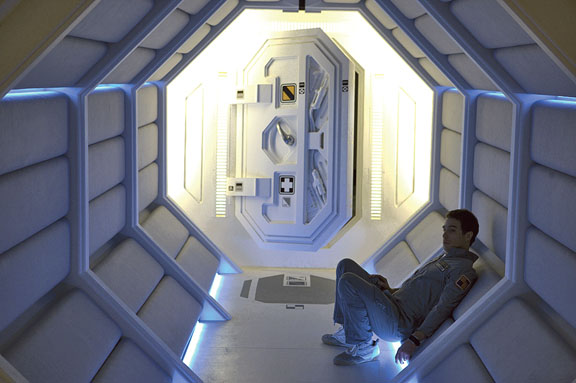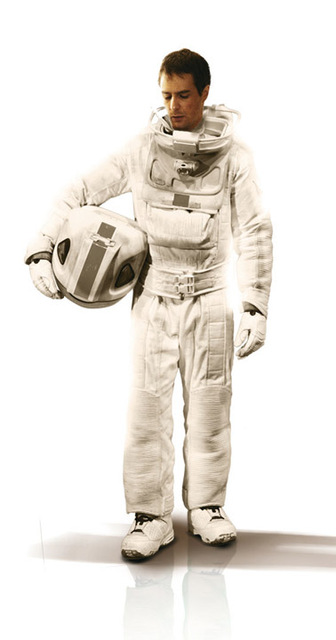Film Review: Moon
Satisfying Sci-Fi Miniature Gets Spacey ... And Rockwell, Too


it’s minimalist
Latest Article|September 3, 2020|Free
::Making Grown Men Cry Since 1992


it’s minimalist